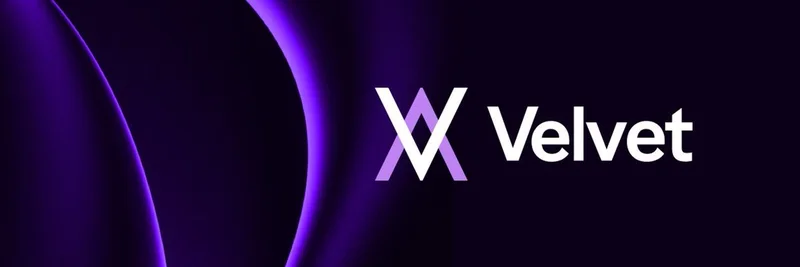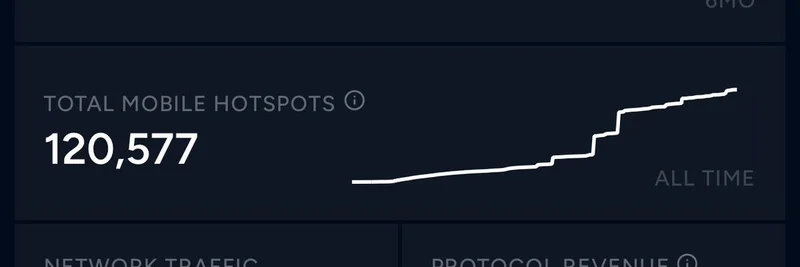In the fast-paced world of crypto, where innovation meets skepticism, a recent post from influential commentator MartyParty has sparked debate about the real value of tokenized real-world assets (RWAs) on Ethereum. Known for his no-nonsense takes on blockchain tech and macro analysis, MartyParty didn't hold back in his critique of Ondo Finance's latest offering—equity index derivatives. If you're new to this, RWAs are basically traditional assets like stocks or bonds wrapped in blockchain tech, allowing them to be traded on decentralized platforms. But according to MartyParty, this particular implementation falls flat.
MartyParty argues there's "zero benefit" to buying these derivatives on Ethereum compared to using apps like Robinhood. Why? Ethereum's network can get bogged down, leading to gas fees that spike to $300 during peak times and settlement delays of up to 15 minutes. Gas fees are essentially the costs you pay to process transactions on Ethereum—think of them as tolls on a digital highway. In contrast, Robinhood offers instant trades with no such friction, and you still end up with a similar proxy to the underlying stock held by the Depository Trust and Clearing Corporation (DTCC), the big player in traditional finance (TradFi) that handles securities settlements.
Breaking it down further, he points out that users are essentially swapping one depreciating asset (like a stablecoin) for a derivative tied to another counterparty's proxy—all while paying high fees and waiting around. Counterparties here refer to intermediaries like brokers or platforms that hold the actual assets on your behalf. MartyParty questions the benefit to end users or issuers, emphasizing that true crypto adoption hinges on delivering superior experiences: faster, cheaper, and more accessible than what's already out there in TradFi.
Why This Matters for Crypto and Meme Tokens
This critique hits home in the broader crypto ecosystem, especially for meme token enthusiasts. Meme coins thrive on viral hype, rapid trading, and low barriers to entry—think Dogecoin or newer Solana-based tokens that explode overnight. But if foundational DeFi products like Ondo Finance's derivatives reinforce bad user experiences (UX), it could turn off newcomers and stifle growth. Ethereum, despite its dominance in DeFi with over $50 billion in total value locked according to DefiLlama, has long faced scalability issues. Solutions like layer-2 networks (which build on top of Ethereum to make transactions faster and cheaper) exist, but MartyParty implies Ondo isn't leveraging the best tech available.
He calls for "high speed, cheap, public, instant settlement networks" as the gold standard for internet capital markets. This echoes why platforms like Solana or Base have become hotspots for meme tokens: near-instant trades for pennies, enabling the kind of speculative fun that defines the meme coin space. If RWAs on Ethereum become just another "rent seeker"—a term for entities that extract value without adding much in return—it risks painting the entire industry as a step backward from Web2 finance.
Community Reactions and Broader Implications
The post drew quick responses, with some agreeing that "if the end user doesn’t win, nobody wins," while others accused MartyParty of bias or jealousy. One reply highlighted Ondo Finance's backing by heavyweights like BlackRock, suggesting they might address fee issues. BlackRock, a massive asset manager, has been dipping into crypto with ETFs and tokenized funds, adding legitimacy but also raising questions about decentralization.
For blockchain practitioners, this debate underscores a key lesson: innovation isn't just about tokenizing everything—it's about solving real problems. Meme tokens, often dismissed as jokes, actually demonstrate this well by prioritizing community and accessibility over complex financial engineering. As we push into 2025, projects that ignore UX might find themselves sidelined, while those embracing speed and self-custody (where you control your own assets without intermediaries) could lead the next wave of adoption.
MartyParty wraps up with a blunt reminder: "Facts > Feelings." In a space full of hype, grounding decisions in user benefits is essential. Whether you're trading meme coins or exploring RWAs, always ask: Does this make crypto better, or just more complicated?


